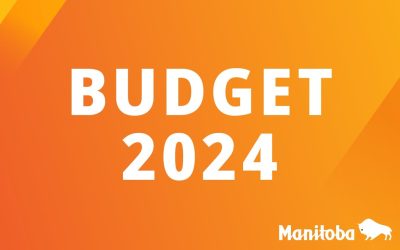Corporate income taxes are a drag on productivity and should be eliminated, an Ontario task force says.
In fact, ditching such taxes in favour of those based on consumption “could be a much more innovative approach to increasing productivity and prosperity” than a host of other recommended measures, says a report by the research arm of the Ontario Task Force on Competitiveness, Productivity and Economic Progress.
This is because such a move could enhance prosperity by increasing wages, lowering prices and increasing investment returns, according to the report, which is to be released today.
The reason is that a company’s taxes are actually paid by its workers, whose wages are lower than they would otherwise be; by its customers, through higher prices; and by its stockholders, whose investments would benefit, including holdings in pension and mutual funds held in registered retirement savings plans.
The report defines a smart tax system as “equitable,” raising revenue in a transparent manner from those most able to afford it, and “efficient,” that is, limiting the negative impact of taxes on decisions to engage in productive activities.
“While many forces beyond taxation are at play in determining Ontario’s prosperity, our work shows that we can and should tax ‘smarter’ to help close the productivity gap that is hindering our economic growth,” Roger Martin, chairman of the tax force, says in a foreword to the report. “A smart tax system will promote job creation, higher investments in physical and capital resources, increased innovation and the adoption of new technologies.”
Thus, short of abandoning corporate income taxes, the report recommends avoiding levies on productivity-enhancing investments made by business and, on the personal side, eliminating “perversely high” marginal tax burdens on people with lower incomes.
Ontario has “dramatically higher marginal effective tax burdens” than those of five U.S. “peer states” — California, Georgia, Illinois, Massachusetts and Michigan — the report says. Even Sweden, a higher-tax jurisdiction, has “smarter taxation, with a relatively low burden on investment and a relatively high burden on consumption.”
As a result, the province should consider ditching both the corporate capital tax and the sales tax on capital goods, while developing a broad value-added consumption tax that is harmonized with the federal GST, the report says.
Personal taxation, too, should be focused on consumption, rather than earnings or investment, or, if income remains the focus, it should be taxed on the basis of lifetime earnings instead of one-year slices, the report says.
“A major weakness of [Ontario’s] personal tax and benefit system is the high marginal tax rates it imposes on individuals and families trying to scale the economic ladder or retire comfortably,” it says. “In addition to statutory income taxes, the marginal effective tax rate — the tax rate on the last dollar of income — is determined by tax credits and income-tested government transfers. Because of clawbacks of social benefits, the marginal rate can be very high at relatively low income levels.”
The Ontario government set up the task force in 2001 to help make the province a more effective competitor in the global economy. Its 13 members are drawn from private industry and academia.


